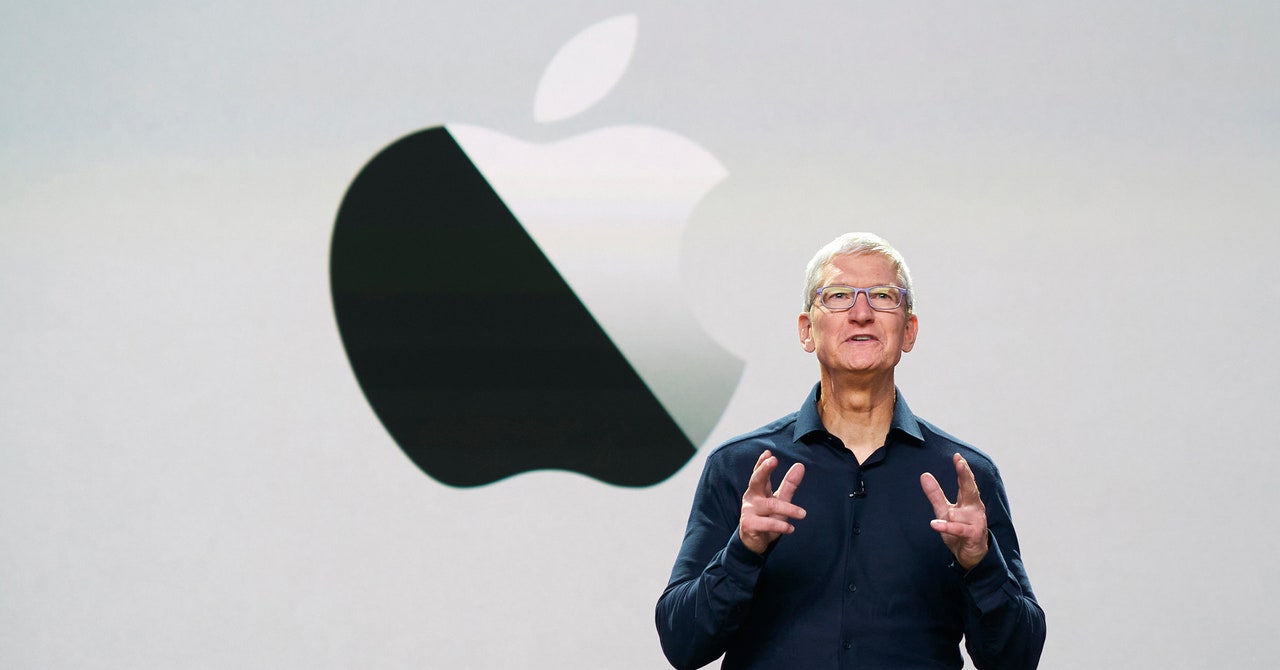Software developers look forward all year to the crush of Apple’s Worldwide Developers Conference. The big gala, held every June, gives Apple devs a chance to share knowledge, contacts, and stories (plus a few late-night refreshments) with each other in person. Of course, Apple also uses the venue to announce all of the new software features—and new hardware—coming to the company’s lineup in the second half of the year.
This year’s WWDC, like so many other events, was moved online. Developers may not get to hang out in meatspace this year, but they are able to watch the educational sessions as streaming videos. The Monday morning WWDC keynote is also being streamed, and Apple has been using the occasion to deliver its usual slate of updates. Here are the highlights:
New Macs Will Run on Apple-Made Chips
Rumors that Apple would ditch Intel’s x86 chip architecture for its own ARM-based processors in Mac computers have persisted for years. Today, it finally happened.
In the announcement, which was kicked off by Tim Cook but then tossed to engineers in an “undisclosed location,” Cook highlighted three major milestones in Mac history: the move from PowerPC to Intel chips in 2006, Apple’s transition to MacOS X, and now, this one. ARM-based “Apple Silicon” chips will give Apple’s computers an efficiency bump, and the company will no longer rely on Intel’s update cycles to push its capabilities forward. Apple emphasized that it already has plenty of experience scaling low-power SoCs for iPhone and even the Apple Watch, which suggests that the battery life on Mac laptops may soon get a boost. And this move also brings Apple’s custom-designed neural engines to Macs, which is important for compute tasks that increasingly use machine learning.
But as with the transition from PowerPC to Intel in 2006, there could be some bumps along the way. Apple says that developers will have everything they need to make apps that run on ARM-based Macs in the new version of Xcode, and that Xcode will continue to support apps for both Intel x86 Macs and Apple Silicon Macs. Still, developers who haven’t already built for iOS will have an adjustment period. And while they’re more than suitable for the average consumer, it’s an open question if ARM-based processors can keep up with the demands of Apple’s professional creative class. The move to Apple Silicon will start with new Macs released later this year, and the entire transition should take two years, Apple says.
iOS 14 Will Make Your iPhone More Customizable
The latest version of Apple’s mobile operating system adds a new home screen. The new App Library view includes all downloaded apps automatically organized in folders, starting with Siri suggestions—based on your typical app use—and recently added apps. With this new feature making it easy to find whatev

